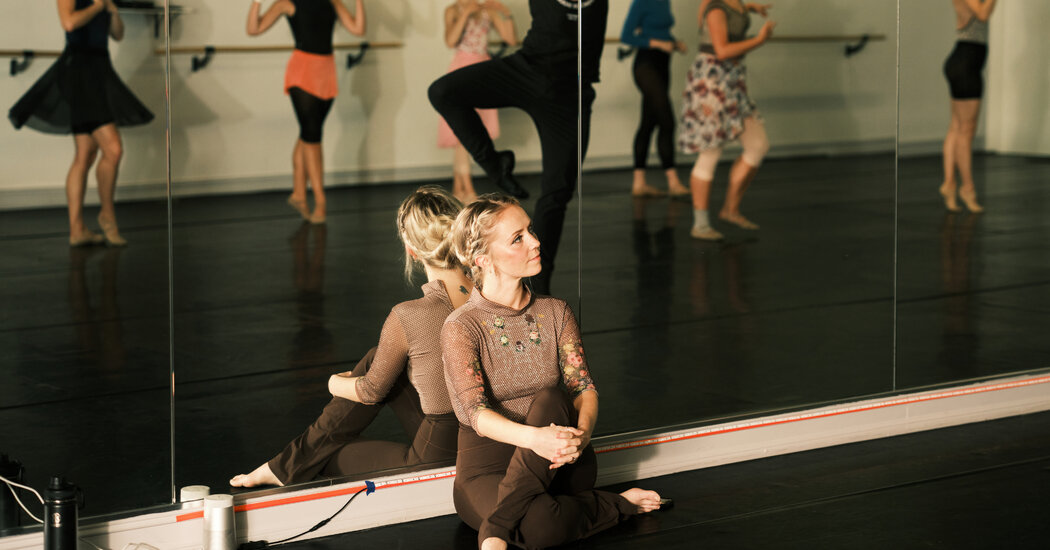Azara Ballet in Florida is a place where performers can just be themselves.
At Azara Ballet, dancers aren’t expected to make eye contact with the directors and choreographers. If company members need an impromptu break from the harsh stage lights during rehearsal, they take one. They also receive clear directions about hair and makeup well in advance of performances.
The priority at Azara is dancers’ health. Founded in 2022 by the dancers Kate Flowers and Martin Roosaare, who are both autistic (and are a married couple), the company, which is based in Sarasota and Bradenton, Fla., is a haven for neurodivergent performers. (The company is made up of 10 dancers, not all of whom are neurodivergent.)
“When I am dancing,” Flowers said, “as long as it’s in a good environment and a safe space, the expression through nonverbal movement is something that helps me a lot.”
Azara addresses a gap in the dance world: the need for spaces where people who have autism, A.D.H.D. or other conditions that fall under the broad term “neurodivergent” can freely experience the art form. Evidence, both anecdotal and empirical, suggests that there’s a deep connection between dance and these neurological conditions. This relationship has become an area of increased focus for researchers, artists and performing arts organizations in recent years.
In November, Azara gathered for a run-through of its program “Voices of Azara” in the black box theater where the show would soon take place. The atmosphere in the theater felt both active — the dancers warmed up, reviewed steps, chatted — and calm: There was tempered lighting, pleasantly cool air and, among the performers, a seemingly innate awareness of the volume of their voices.
To begin the rehearsal, Roosaare gave the dancers a rundown of the schedule for the next three hours. Then, they went through the four pieces — all by company members — before receiving notes. As the dancers performed, the music was never overwhelmingly loud, and corrections were never shouted.
